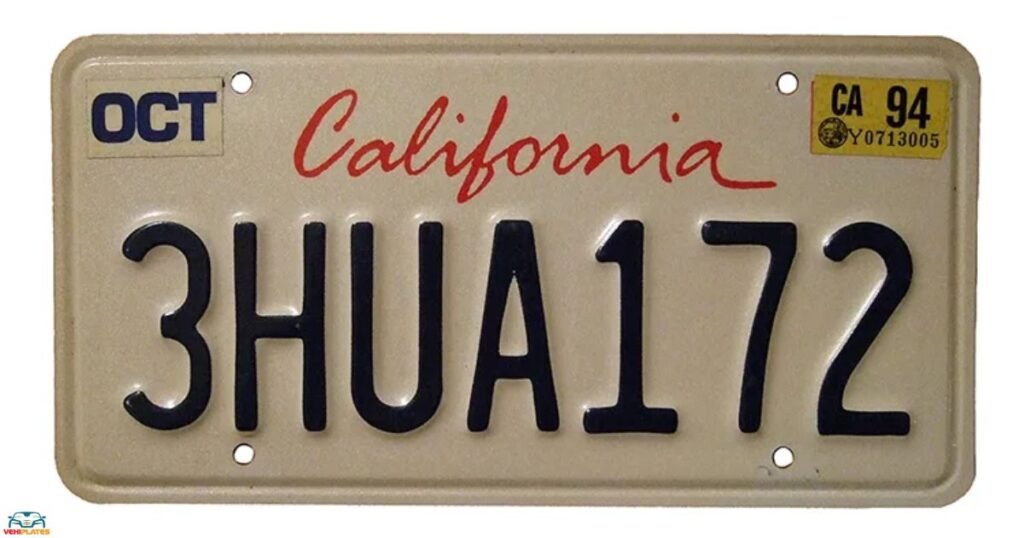When towing a vehicle using a tow dolly, one common question that arises is whether the dolly itself requires a license plate. The answer to this question can vary depending on several factors, including state regulations, the design of the tow dolly, and the specific circumstances of its use.
In this article, we’ll explore the legal requirements and practical considerations surrounding license plates for tow dollies.
State Regulations and Requirements
Each state in the United States has its own regulations regarding the use of tow dollies and whether they need to be registered and have license plates.
It’s essential to familiarize yourself with the laws of the state where you intend to use the tow dolly. While some states may require license plates for tow dollies, others may not have such a requirement.
State Regulations on Tow Dolly License Plates

| State | License Plate Requirement |
| California | Yes |
| Texas | No |
| New York | Yes |
| Florida | Yes |
| Arizona | No |
Reasons for License Plate Requirement
In states where tow dollies are required to have license plates, several reasons justify this regulation:
Identification: A license plate helps law enforcement and other authorities to identify the tow dolly and its owner in case of accidents, theft, or other incidents.
Registration: Just like any other vehicle, a tow dolly may need to be registered with the state’s Department of Motor Vehicles (DMV). A license plate serves as proof of registration.
Safety: Having a license plate ensures that the tow dolly complies with state regulations and safety standards. It also makes it easier to enforce parking and traffic laws related to towed vehicles.
Exceptions and Exemptions
While most states require license plates for tow dollies, there may be exceptions or exemptions in certain situations:
Temporary Use: Some states may allow temporary use of tow dollies without license plates, such as for moving purposes or short-distance towing. When it comes to recreational vehicles like pop-up campers, regulations vary widely. So, ‘do pop-up campers need license plates?’
Commercial Use: Commercial vehicles and trailers used for towing may have different regulations regarding license plates. It’s essential to check with the state’s commercial vehicle regulations.
Out-of-State Travel: If you’re traveling across state lines with a tow dolly, you should comply with the regulations of both the state of origin and the destination state. This may require obtaining temporary permits or complying with specific requirements.
Practical Considerations

Even if a state does not require a license plate for a tow dolly, there are practical reasons why you might choose to have one:
Visibility: A license plate increases the visibility of the tow dolly, especially when it’s parked or stationary.
Uniformity: Having a license plate can make it easier to comply with regulations if you plan to travel through multiple states or jurisdictions.
Resale Value: A registered and properly labeled tow dolly may have a higher resale value compared to an unregistered one.
FAQ’s
Is it mandatory to have a license plate for a tow dolly?
Yes, in many states, a license plate is required for tow dollies.
Are there any exceptions to the requirement of having a license plate?
Some states may have exceptions for temporary or specific uses, but it’s crucial to check local regulations.
Can I travel between states with a tow dolly without a license plate?
You should comply with the regulations of both the state of origin and the destination state, which may require obtaining temporary permits.
Conclusion
Whether a tow dolly needs a license plate depends on the specific regulations of the state where it’s being used. While some states mandate license plates for tow dollies, others may not have such a requirement.
Regardless of legal requirements, having a license plate can enhance safety, compliance, and convenience. Before using a tow dolly, it’s crucial to research and adhere to the regulations of the state or states where you plan to operate it.










